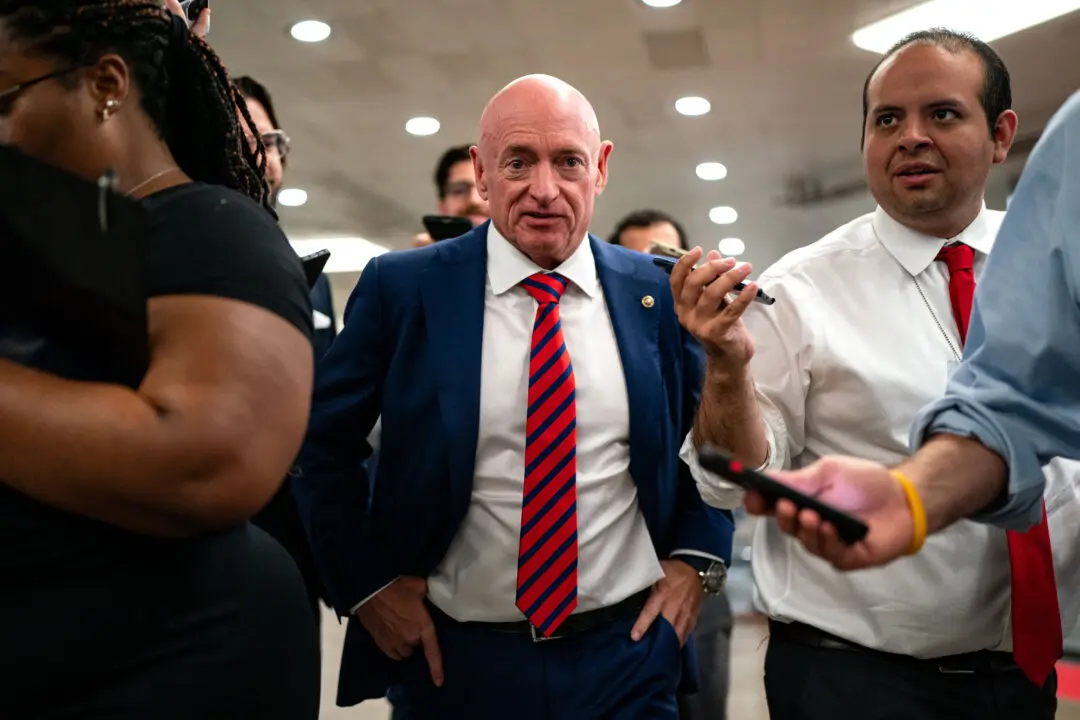The Chinese authorities appear set to approve full self-driving (FSD) software for Tesla electric vehicles, but the decision may not be the boon Tesla CEO and billionaire entrepreneur Elon Musk is hoping for.
Mr. Musk visited China over the weekend, and Tesla stock jumped on Monday on news that the Chinese authorities have tentatively approved the deployment of FSD technology for Tesla cars throughout the country.





